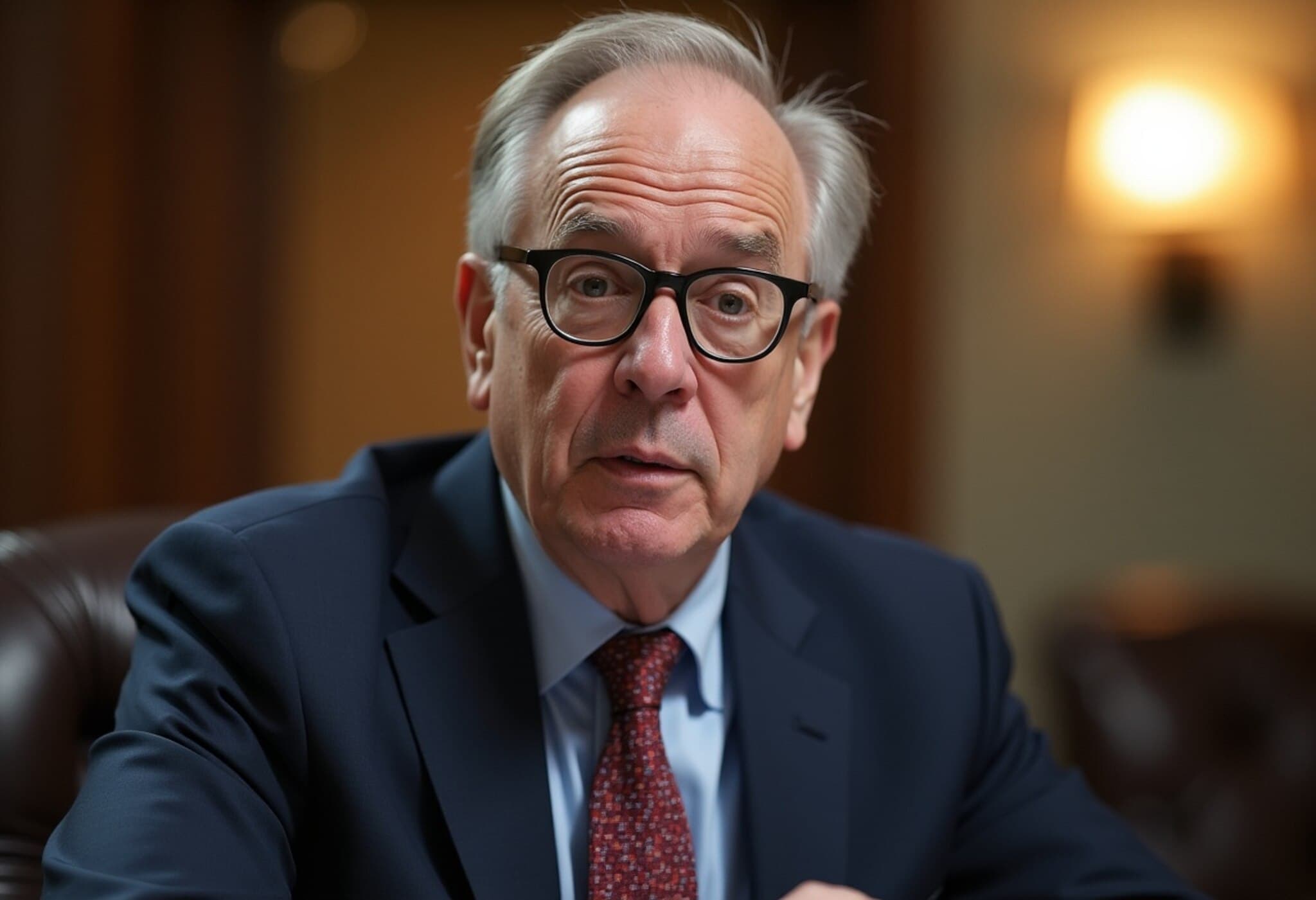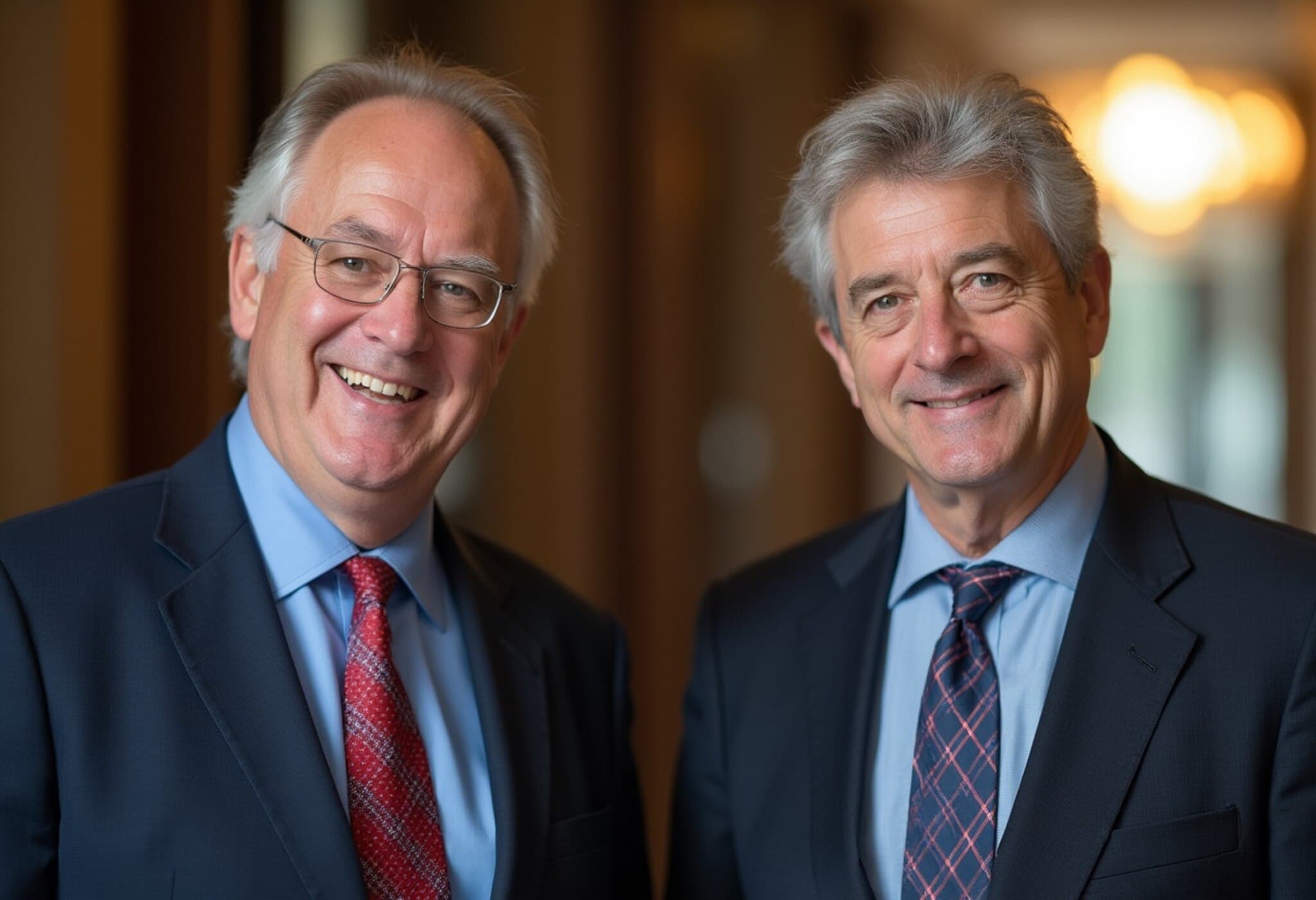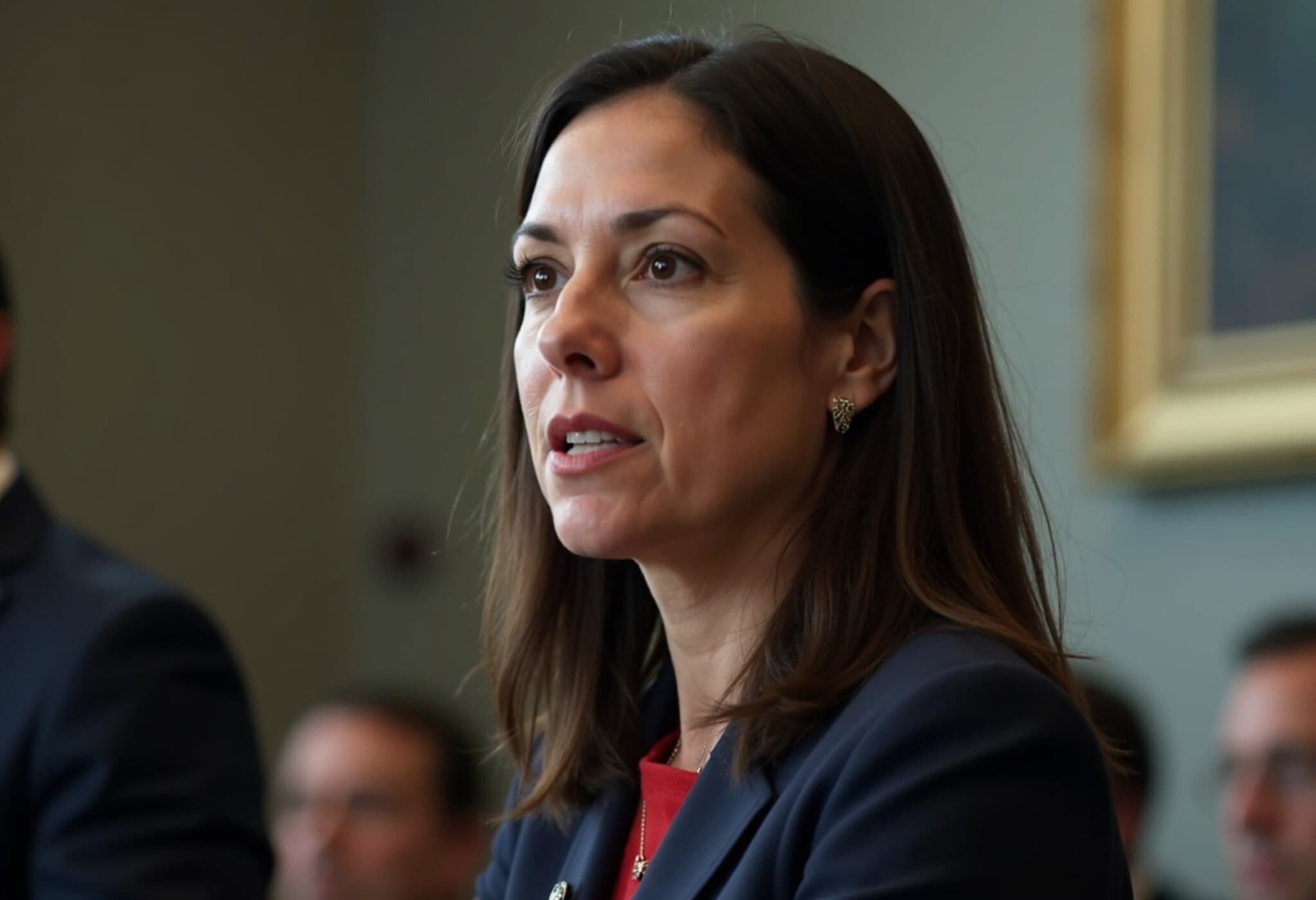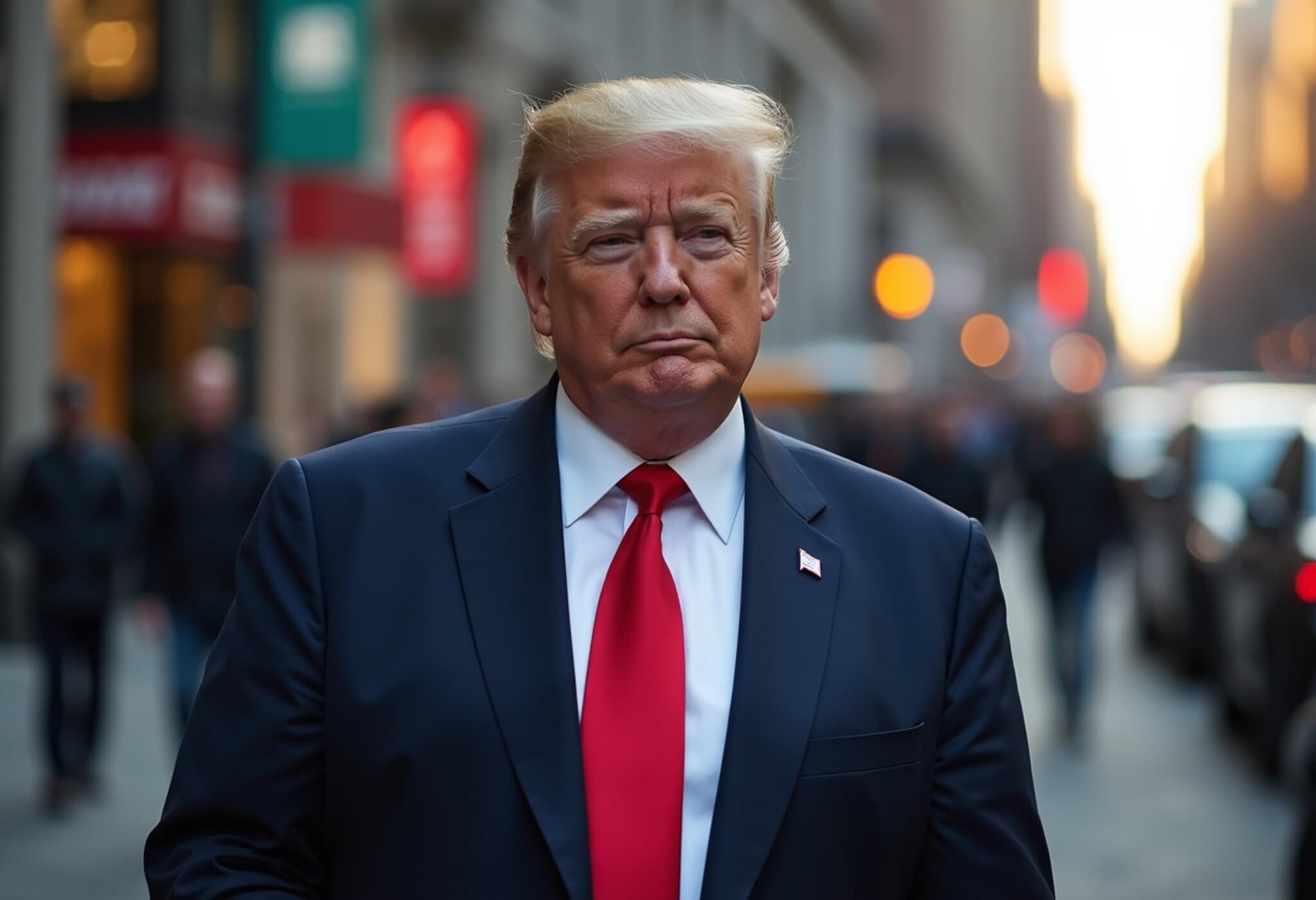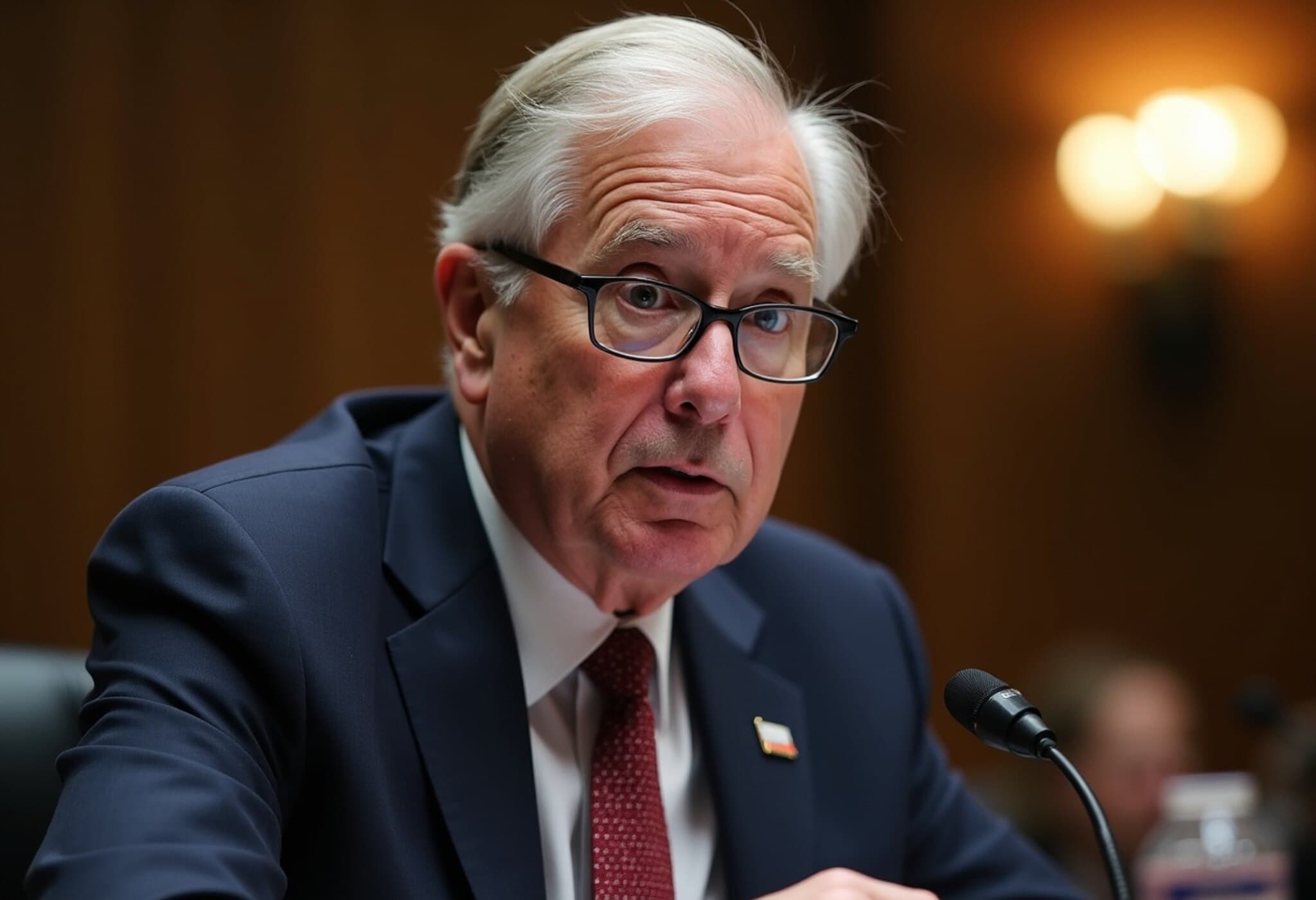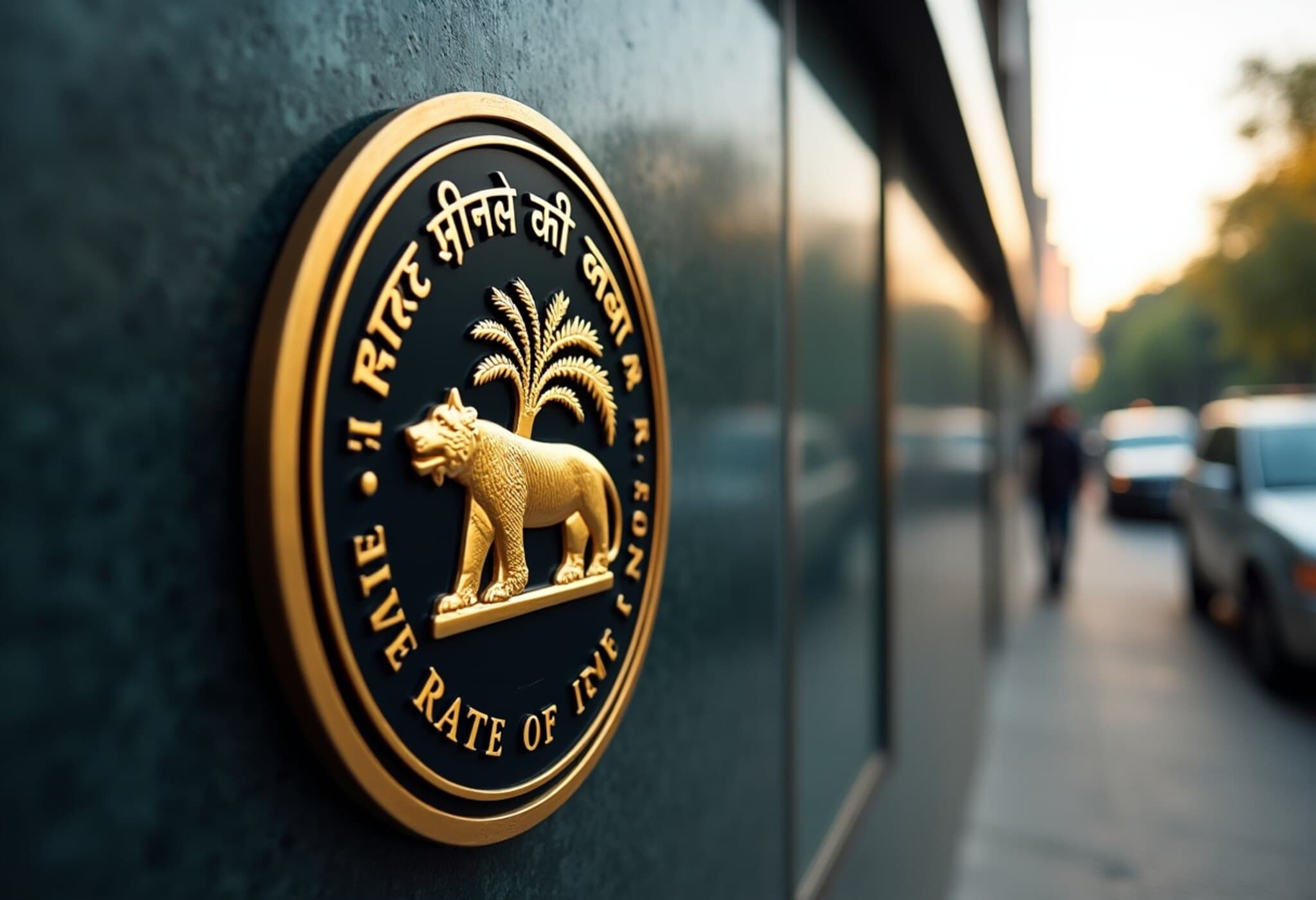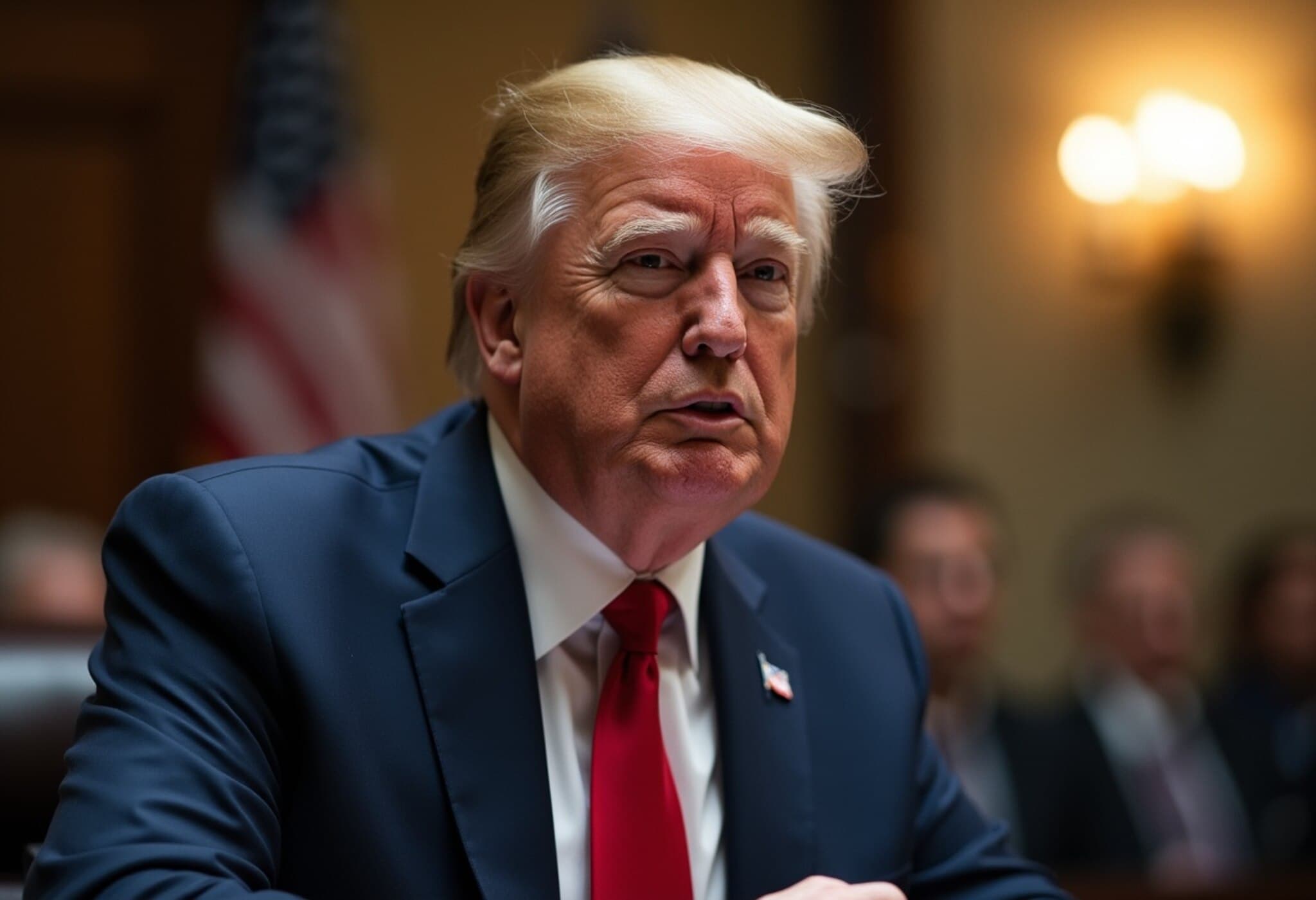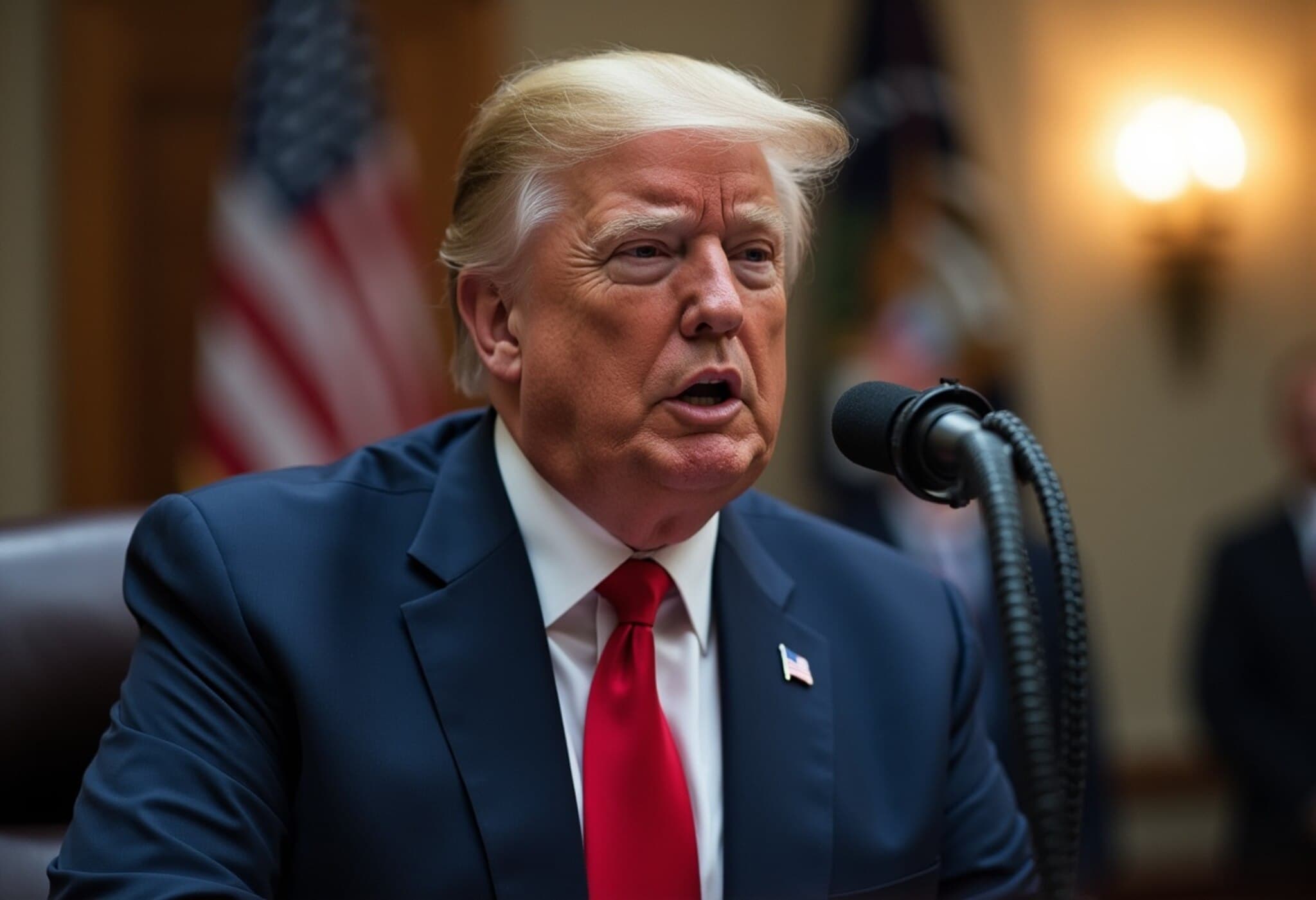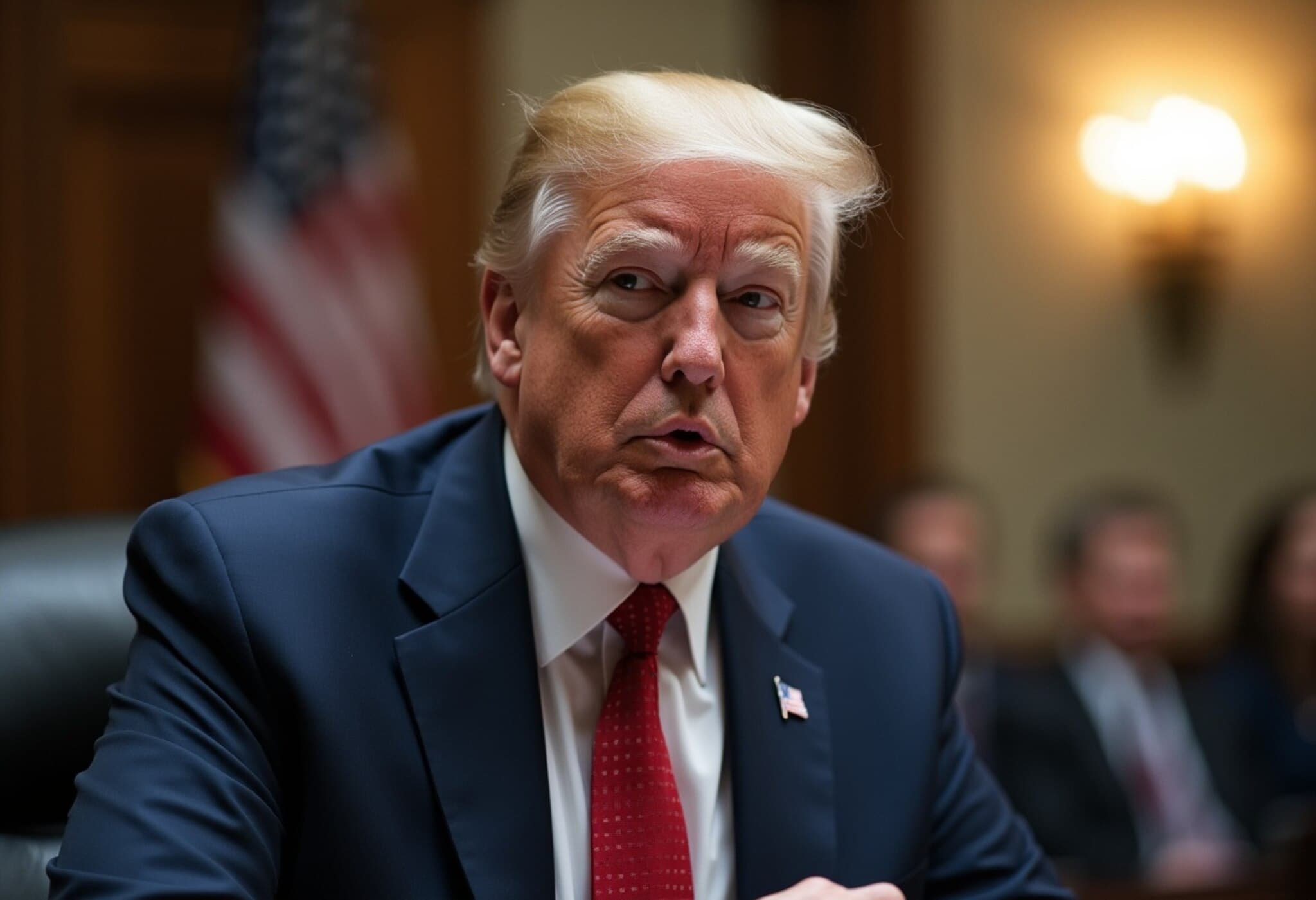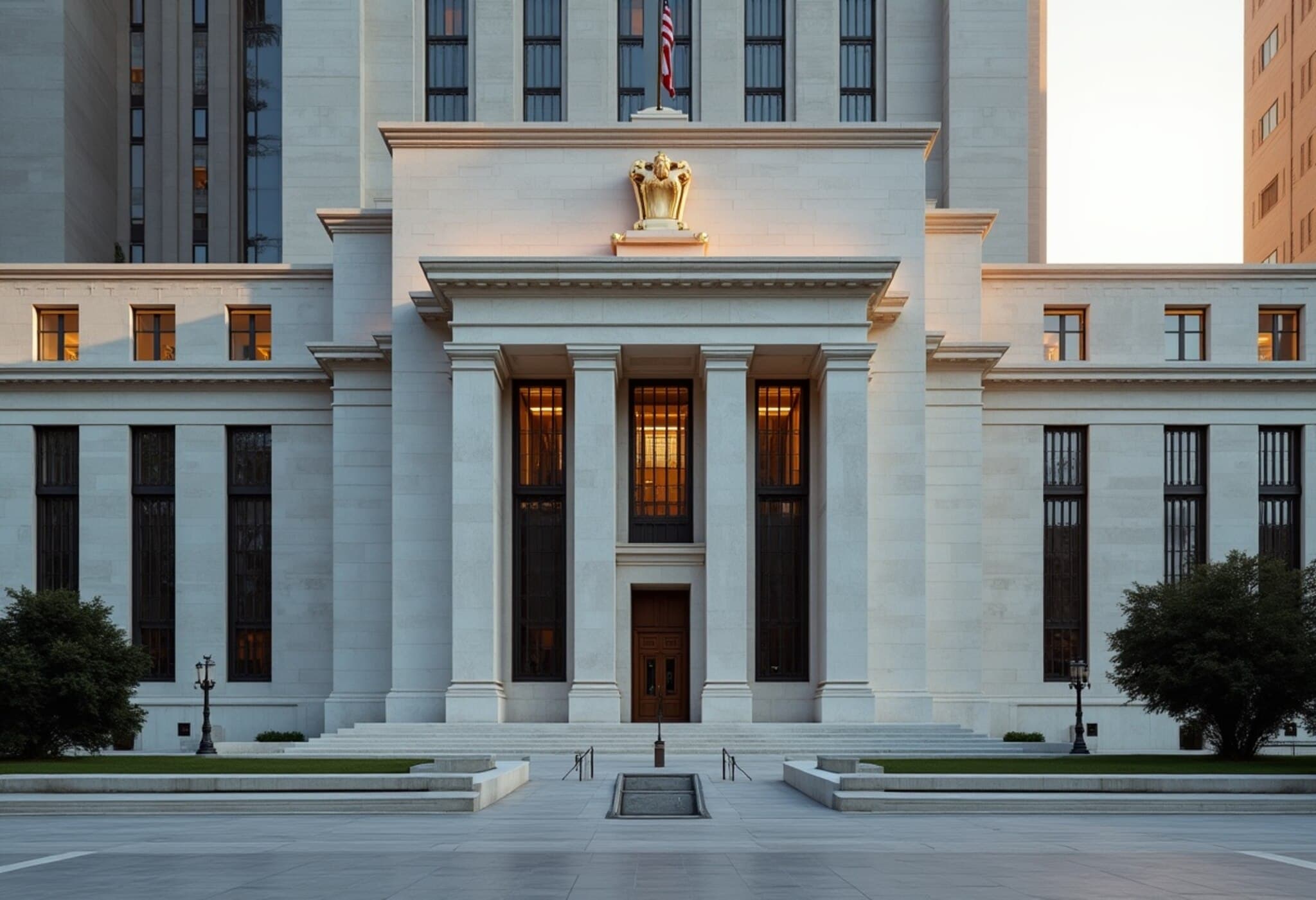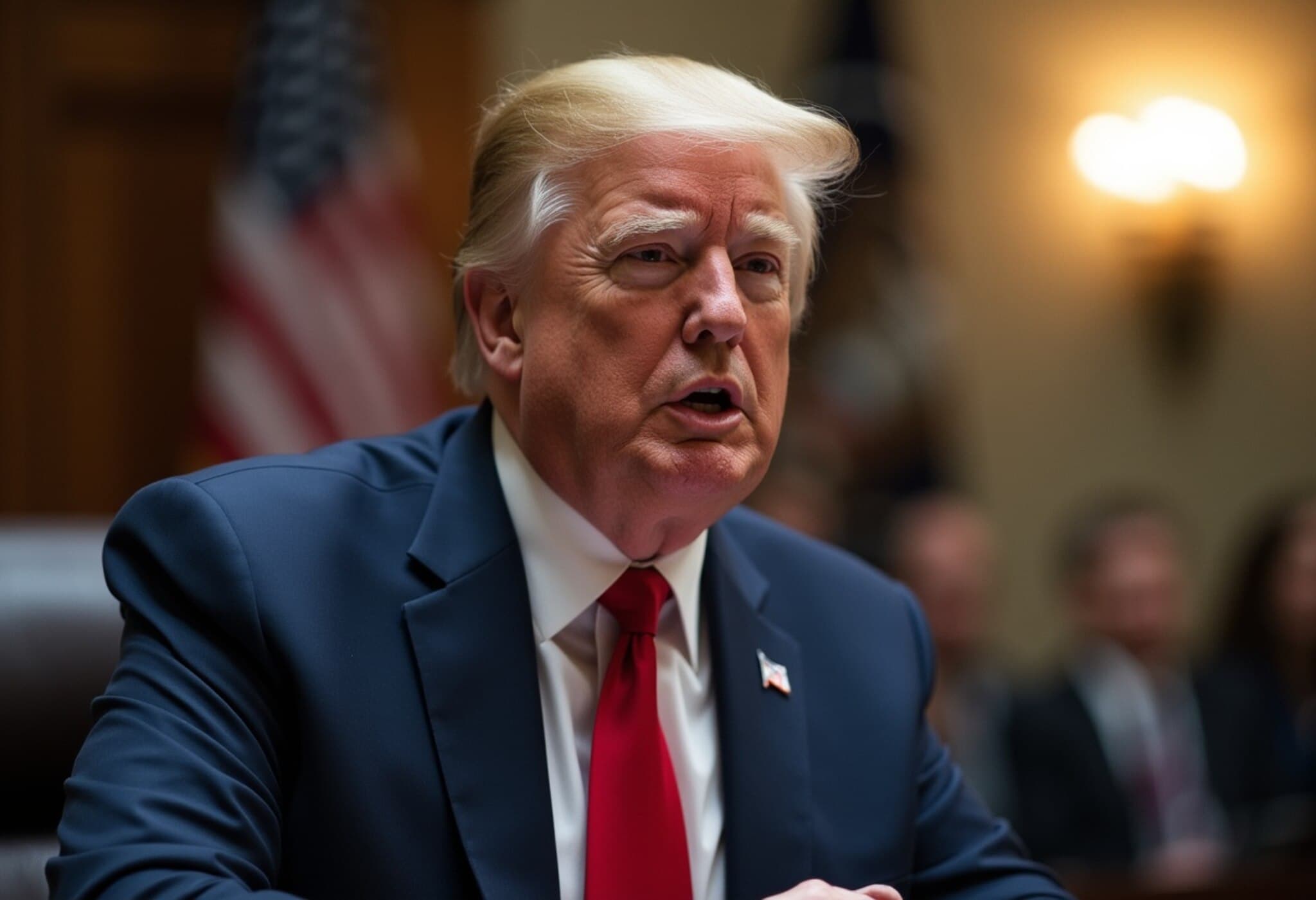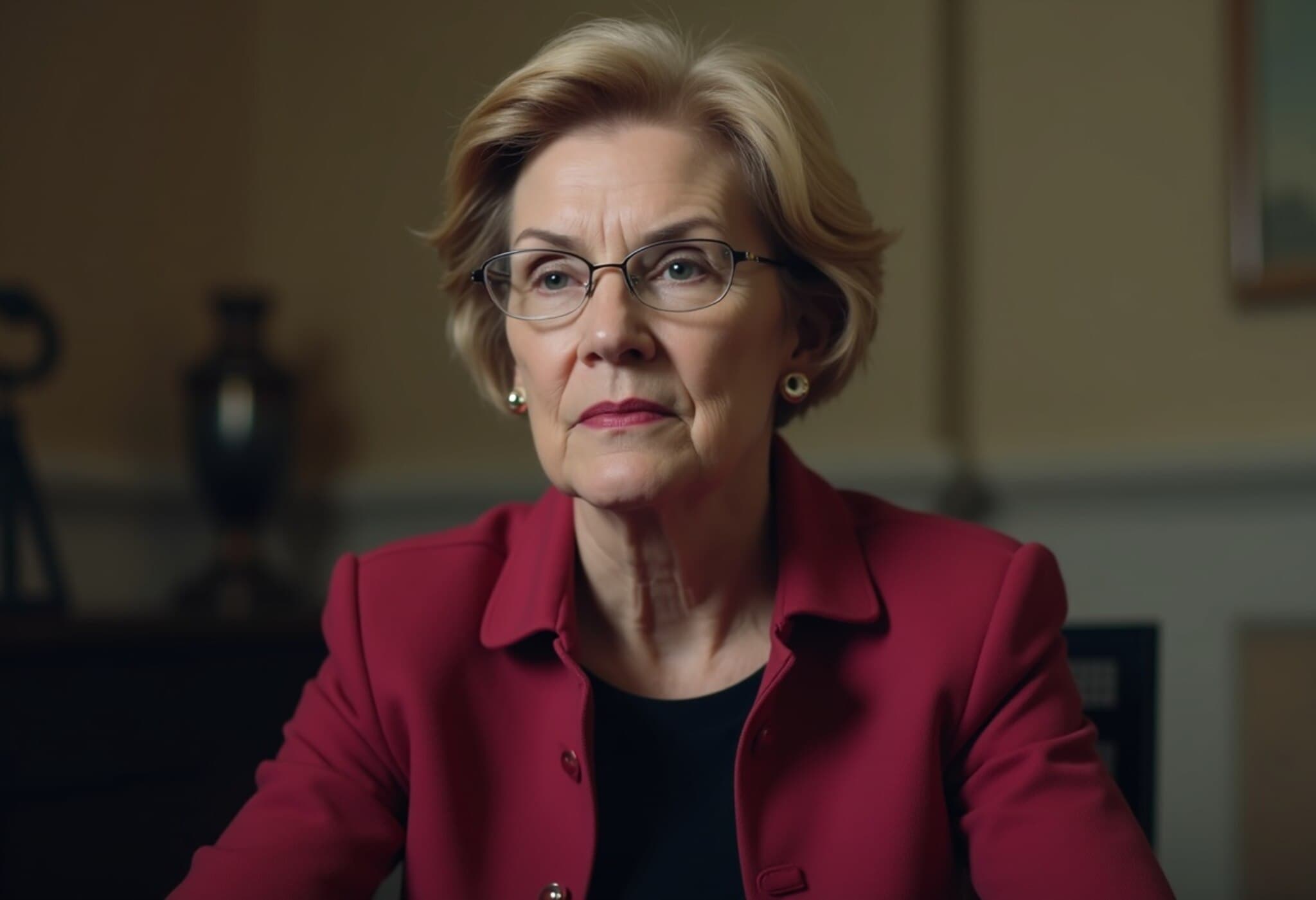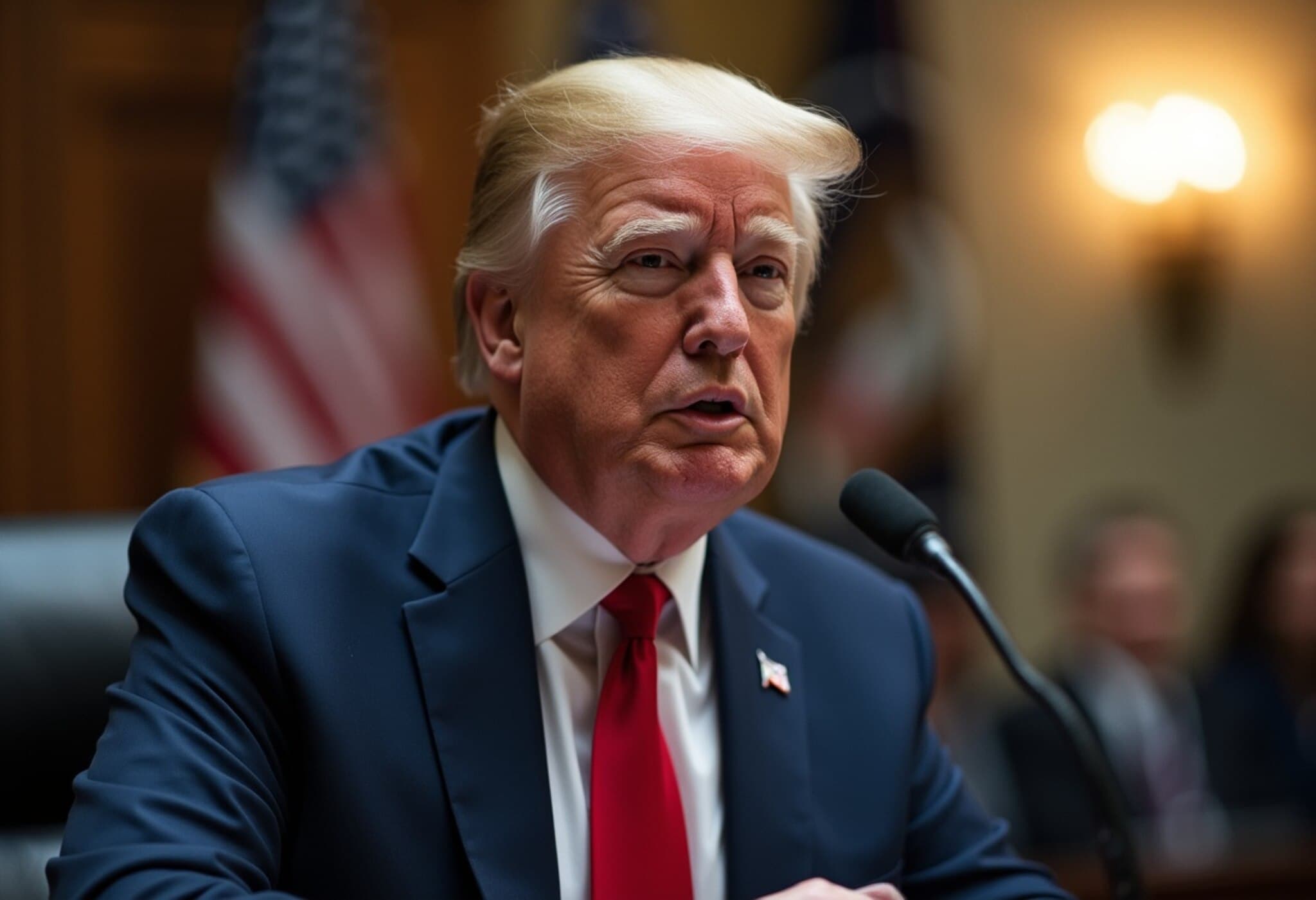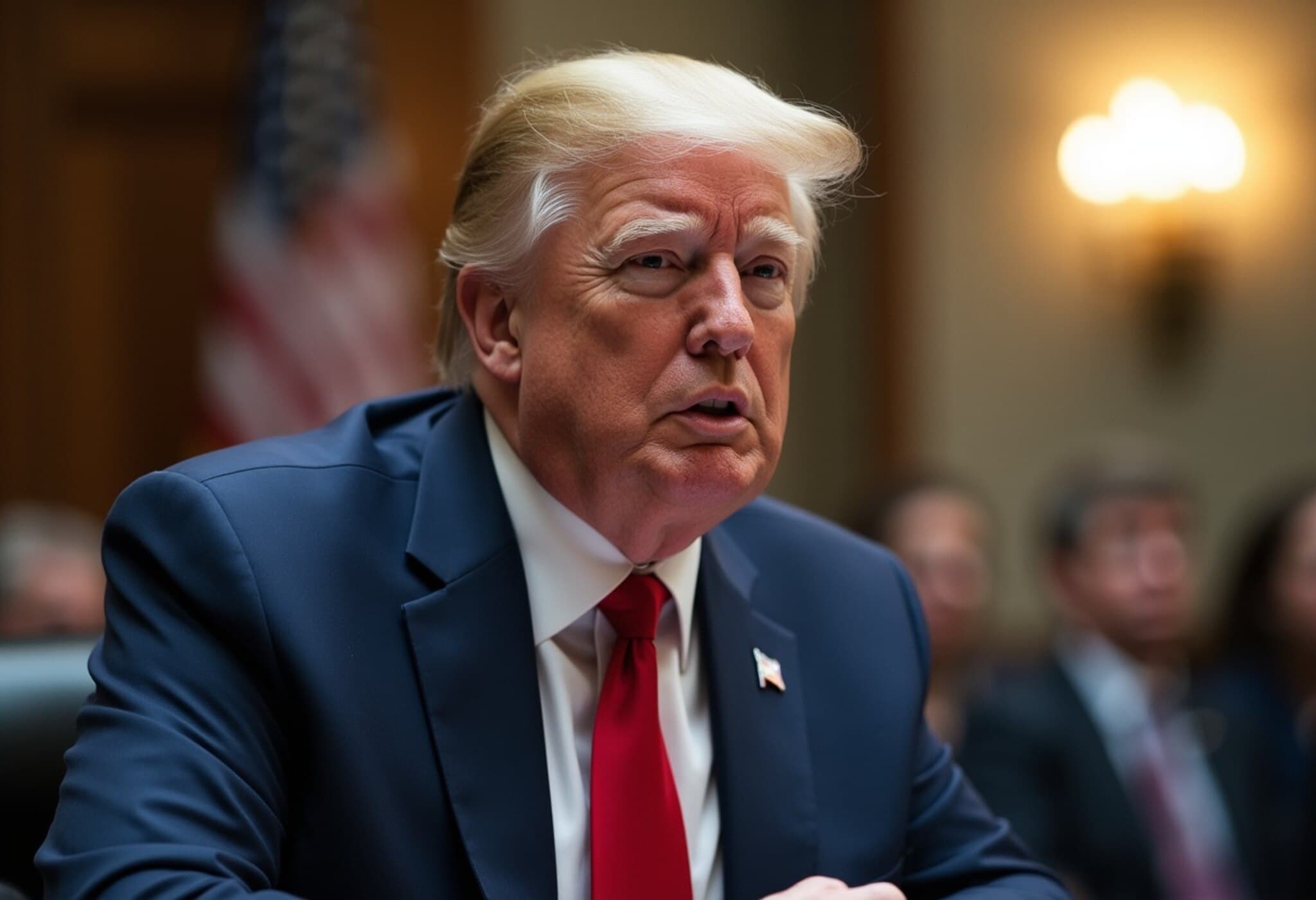Mohamed El-Erian Calls on Fed Chair Jerome Powell to Step Down
In a rare and candid move, Mohamed El-Erian, a highly respected economist and chief economic advisor at Allianz, publicly urged Federal Reserve Chair Jerome Powell to voluntarily resign from his position. This surprising recommendation is rooted in El-Erian’s deep concern over safeguarding the Federal Reserve’s independence amid increasing political and institutional pressures.
Why Is Independence at Risk?
The Federal Reserve’s operational autonomy is a cornerstone of stable economic policy in the United States. El-Erian, who also serves as president of Queens’ College, Cambridge, explained that growing and broadening threats to the Fed’s independence pose significant risks to its credibility and effectiveness. He suggested that despite it being less than ideal, Powell stepping down could help preserve that independence — a move El-Erian views as preferable to allowing these pressures to intensify.
Wall Street’s Diverging Opinion
El-Erian acknowledged that his stance diverges from the prevailing sentiment on Wall Street, where many analysts expect Powell to keep serving until his term ends in 2026. Their perspective emphasizes continuity and stability, yet El-Erian warns that sticking with Powell might inadvertently fuel the very threats he highlights.
Context: Political Tensions and 'Mission Creep'
These comments come amid rising political commentary on the Fed’s direction. Notably, Treasury Secretary Scott Bessent recently described the Fed as suffering from “mission creep”, suggesting that it is expanding beyond its traditional monetary policy role. Bessent’s call for a formal review of the Fed’s scope echoes concerns of an institution entangled in matters possibly best managed elsewhere.
Meanwhile, President Donald Trump and his advisors have openly criticized the Fed’s stance on interest rates, particularly its hesitation to raise them against a backdrop of tariff-related economic uncertainty. Powell has maintained a cautious approach, emphasizing that economic developments warrant a steady hand — a stance that has drawn both support and sharp criticism.
Expert Insight: The Stakes of Federal Reserve Independence
Federal Reserve independence is fundamental to controlling inflation and managing economic cycles without undue political influence. Historically, when central banks lose this autonomy, markets react negatively, leading to increased volatility and eroded investor confidence. El-Erian’s warning underlines the importance of addressing these pressures proactively, lest the Fed's credibility suffer long-term harm.
What’s Next for the Fed’s Leadership?
While Powell has not responded directly to El-Erian’s call, the debate raises important questions about the resilience of American financial institutions in a polarized political environment. The suggestion that a voluntary resignation could serve as a safeguard is a remarkable one, signaling the gravity of the current climate around the Fed.
As the Federal Reserve prepares for future policy decisions amid global economic uncertainties, this episode showcases the delicate balance leaders must maintain between independence, policy effectiveness, and public trust.
Summary Box: Key Takeaways
- Mohamed El-Erian urges Fed Chair Jerome Powell to resign to protect the Fed’s independence amid increasing political pressures.
- The call is unconventional and contrasts with Wall Street’s expectation that Powell will complete his term through 2026.
- Concerns about the Fed’s "mission creep" and political interference are growing among economic policymakers.
- Maintaining central bank independence is vital for economic stability and market confidence.
- The evolving political-economic debate around the Fed reflects broader challenges in U.S. monetary governance.
Editor’s Note
El-Erian’s stance invites a critical examination of the Federal Reserve’s role in today’s complex economic and political landscape. It raises essential questions about how institutions maintain credibility when political winds shift and how leaders must sometimes make personal sacrifices for the greater good. For readers and policymakers alike, this discussion underscores the importance of preserving strong, independent economic governance in uncertain times.



